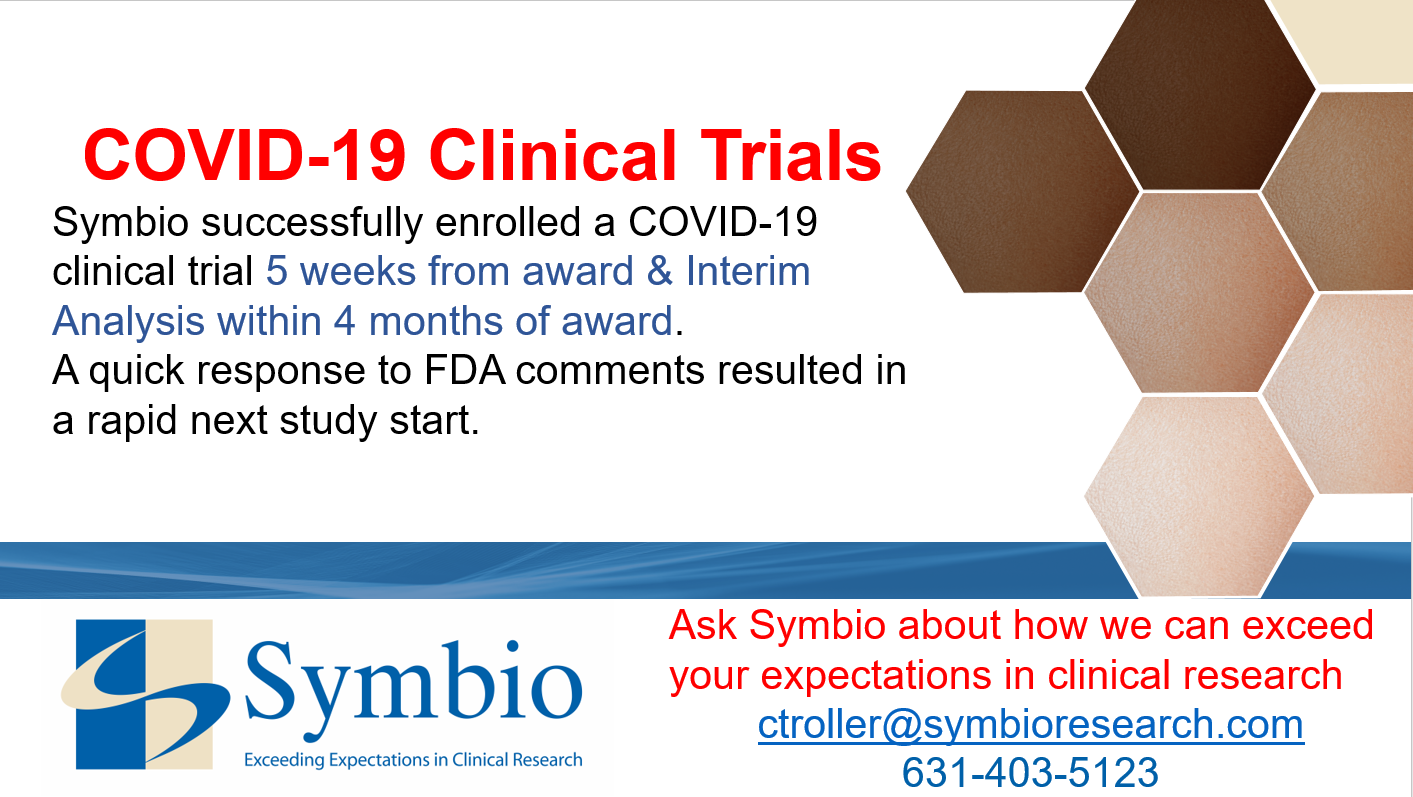PRESS RELEASE
Symbio & Dow Group merges with Proinnovera to form leading dermatology CRO, Symbio Proinnovera
New York, USA & Münster, Germany – November 16, 2023
The newly announced merger of NY-headquartered Symbio LLC and CA-headquartered Dow Development Laboratories LLC with Munster (Germany)-based Proinnovera will form Symbio Proinnovera, creating one of the world’s largest specialized dermatology-focused clinical
research organizations.
Founded over 20 years ago, the Symbio & Dow Group has a full-service clinical trial CRO offering for dermatology, complemented by a business active in the pre-clinical formulation of topicals, providing its client’s dermatology and aesthetics services – from pre-clinical formulation work to subsequent clinical trial execution.
Proinnovera was founded 25 years ago and is a leading European CRO in the dermatology clinical trial space. It is a full-service CRO conducting clinical studies from Phase I to IV, as well as non-interventional and medical device studies. Proinnovera turns study data into oversight for clients to accelerate decision-making, increasing transparency and efficiency in the conduct of clinical trials.
Both companies are proven market leaders among specialty dermatology CROs with exceptional geographical coverage. Their combined strength will enable them to excel at addressing customers’ needs and expectations in all areas of research.
The newly formed organization will leverage the combined power of two highly experienced teams with deep expertise in the dermatology space to generate efficiencies and accelerate clinical research.
Symbio President Rich Panico – who will become CEO of Symbio Proinnovera – commented, “I am more than excited to run what will be the leading dermatology CRO in our industry. I have always thought of Symbio and Proinnovera as not only mirror businesses on different continents but also as companies sharing common values. In fact, we wanted this partnership to happen 5 years ago. It took longer than expected but I am so thrilled it has finally happened.”
Proinnovera Founder and CEO Dr Burkhard Breuer added, “We are delighted to merge with the Symbio Group. Our entities are highly complementary in terms of services, customers, and geographical footprint; we are fully aligned and share the same ultimate objective to elevate clinical trials to the next level.” Dr Breuer will support the integration of the new organization.
Symbio Proinnovera will be supported in its growth by ARCHIMED, a leading investment firm focused exclusively on healthcare industries.
Download Press Release











